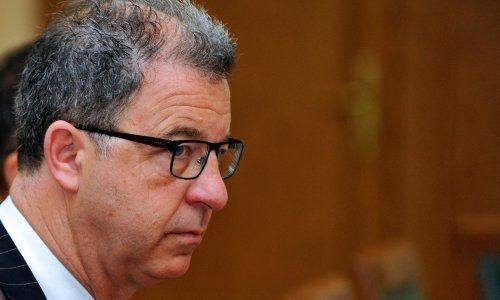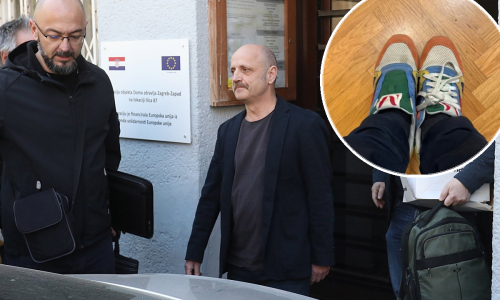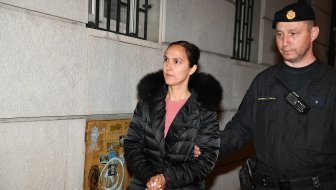In an address to the UN Security Council on Monday, the Chief Prosecutor of the International Criminal Tribunal for the former Yugoslavia (ICTY), Serge Brammertz, spoke mostly positively about Croatia's cooperation with his office, underlining that in the last three weeks he had received a new report from the Croatian government's task force searching for missing military documents relating to the 1995 Operation Storm.
In his written report to the UN Security Council of November 17, Brammertz criticised the three previous reports by the Croatian government's inter-agency task force for inconsistencies in the administrative investigation into missing artillery logs from Operation Storm, an assessment which he repeated on Monday, noting that in the meantime he had received a new report from Zagreb.
After I submitted the written report, the government sent an additional report to our office identifying a certain number of problematic areas, Brammertz said, calling on Croatia to continue dealing with the problems and fully clarify the disappearance of the documents.
The ICTY Office of the Prosecutor has been seeking from Croatia since 2007 artillery logs from Operation Storm, as evidence for the prosecution in the case against Croatian generals Ante Gotovina, Ivan Cermak and Mladen Markac.
In his address to the UN Security Council, Brammertz positively assessed responses to other requests for legal assistance from his office.
The Croatian authorities are generally responding to our requests for assistance, but our request for important military documents relating to Operation Storm remains the key unresolved issue, Brammertz said.
He reiterated the assessment from the written report that the government's task force, set up to find or account for the missing documents, "has begun to explore important new avenues in the investigation that the Office of the Prosecutor communicated to the Task Force over a year ago."
The UN Security Council session that heard Brammertz's report was also attended by Croatia's permanent representative to the UN, Ranko Vilovic.
Speaking of Serbia's cooperation with his office, Brammertz said that it was good with regard to access to documents and witnesses, but that Serbia's failure to arrest the remaining two fugitives from the tribunal, Ratko Mladic and Goran Hadzic, was reason for the greatest concern.
Serbia must bridge the gap between its declared commitment to their arrest and the efficiency of its operations on the ground, he warned, calling on the authorities in Belgrade to take a more active approach to arresting the fugitives.
He added that the failure of Serbian authorities to bring Mladic and Hadzic to justice was hampering reconciliation in the region and harming the credibility of the international legal system as a whole.
Speaking of Bosnia and Herzegovina, Brammertz said that it was responding to his requests for assistance in a satisfactory manner and called on its authorities to double their efforts against networks harbouring fugitives.
He expressed concern about the fact that the convicted war criminal Radovan Stankovic remained at large three years after his escape from prison in Foca.
The ICTY Chief Prosecutor also warned about the importance of coordinated strategies for the prosecution of war crimes by the former Yugoslav countries and of removing obstacles to the handover of indictees and transfer of evidence across the state borders.
He called for continuing cooperation between national public attorneys and his office through the EU-sponsored programme of liaison prosecutors.
Brammertz also stressed the priority of downsizing his office and ensuring its efficient transition as part of the tribunal's exit strategy.



































